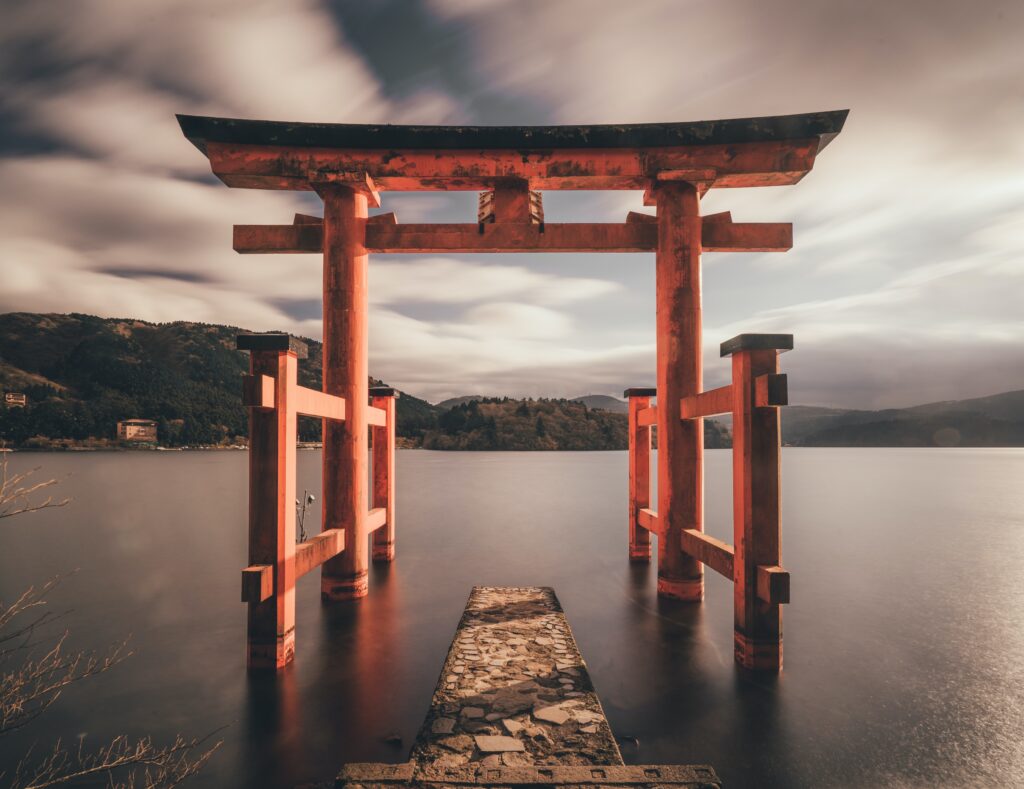Unique traditions that draw tourists to Japan

Japan is well-known for having one of the world’s richest and most intriguing cultures. Many of the country’s old rituals and traditions are being practised today, contributing to form Japan’s distinct lifestyle and global reputation.
While Japanese living has lately been Westernized, Japanese people continue to do everything necessary to maintain their rich cultural history by conducting tea ceremony, wearing kimono, and learning traditional crafts and arts from an early age.
- Traditional Tea Ceremonies – are an important component of Japanese culture. This formal yet stylized tradition is taken very seriously. These rituals have been heavily inspired by Buddhist traditions, and the occasion can be described as contemplative in nature.
- No tipping in Japan – tipping is not permitted in Japan! This may be difficult to understand depending on your homeland. If you include a tip with your bill, it will be returned to you as change. Tipping, no matter how well-intended, is considered offensive in Japan.
- Eating on the go – in Japan, it is considered impolite to walk and eat in public places. If you buy something at the grocery, bring it home to eat. If you buy food from a street vendor, there is usually seating available. It is exceedingly rude to eat on the hallowed grounds of temples and shrines!
- Bowing – in Japan, people greet one other by bowing. A bow can be as simple as a nod of the head or as complex as a deep bend at the waist. Bowing is used to express gratitude, apologise, make a request, or beg a favour. Most Japanese people do not expect foreigners to know how to bow properly. Foreigners are typically expected to bow and shake hands.
